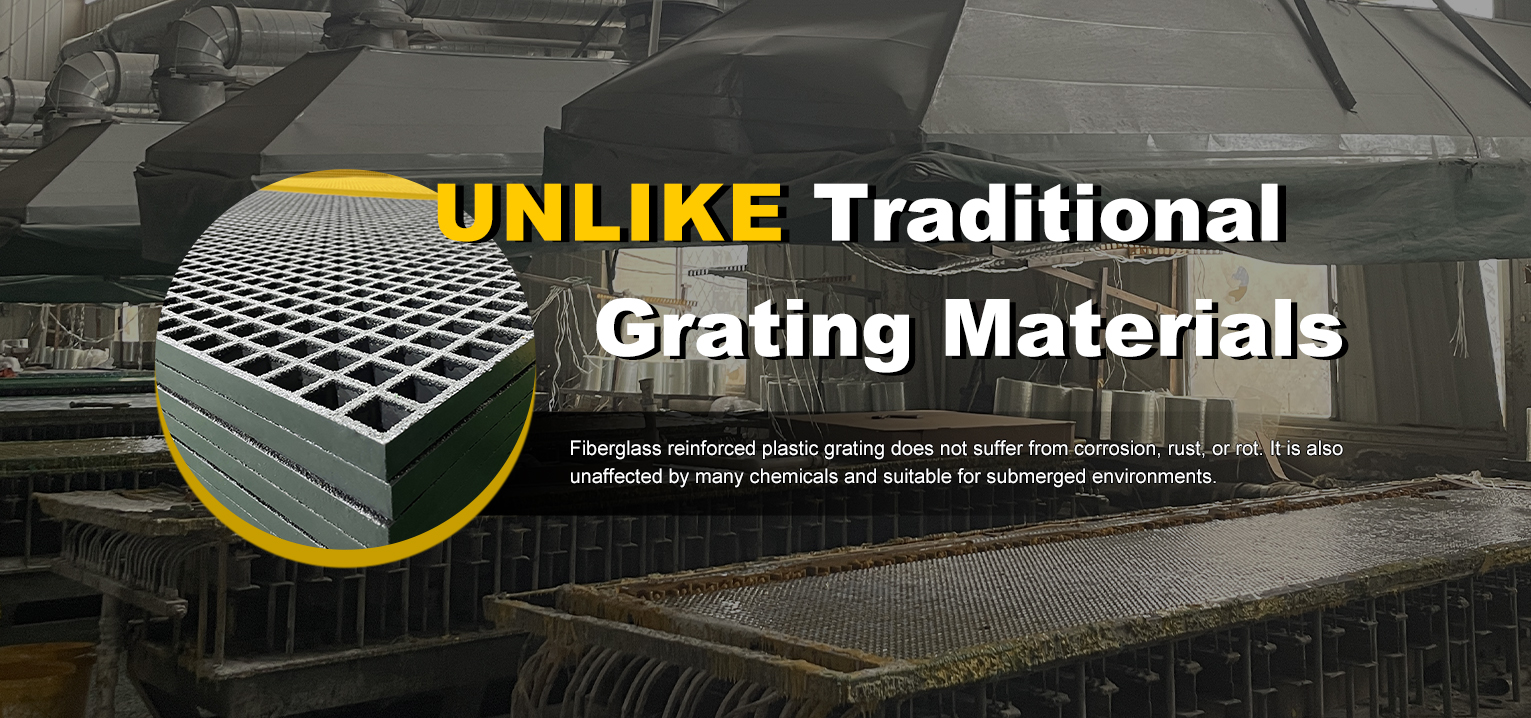loading...
- No. 9, Xingyuan South Street, Dongwaihuan Road, Zaoqiang County, Hengshui, Hebei, China
- admin@zjcomposites.com
- +86 15097380338
- Welcome to visit our website!
FRP Louvers Enhancing Cooling Tower Efficiency and Performance
The Importance of FRP Louvers in Cooling Towers
Cooling towers are essential components in various industrial processes, including power plants, chemical plants, and HVAC systems. They play a crucial role in removing excess heat from machinery and manufacturing processes. One of the key features that optimize the performance and efficiency of cooling towers is the use of louvers. Among the different materials used for louvers, Fiber Reinforced Plastic (FRP) is gaining popularity due to its unique properties. This article explores the significance of FRP louvers in cooling towers, their advantages, and their impact on environmental sustainability.
What are Louvers?
Louvers are blade-like structures that allow air to flow into or out of a system while preventing water from splashing or entering undesirably. In cooling towers, louvers help optimize air circulation, enhance heat exchange, and improve overall cooling efficiency. They are positioned at strategic locations to direct air movement effectively and ensure that the cooling process is as effective as possible.
Advantages of FRP Louvers
1. Corrosion Resistance Cooling towers often operate in environments characterized by high humidity, water exposure, and chemical exposure. Traditional materials such as metal can corrode significantly over time, leading to inefficiencies and replacement costs. FRP, on the other hand, exhibits excellent resistance to corrosion, making it the ideal choice for louvers in cooling towers. This longevity reduces maintenance and replacement frequency, leading to cost savings in the long run.
2. Lightweight FRP materials are notably lightweight compared to metals like aluminum or steel. This characteristic simplifies the installation process and reduces structural loads on cooling tower designs. The lightweight nature of FRP also facilitates easier handling and installation, allowing for quicker construction and reduced labor costs.
3. Thermal Insulation FRP inherently possesses better insulating properties than metals. This ensures that the cooling tower's operational temperatures remain stable and that the cooling process is not hindered by external temperature fluctuations. The improved thermal insulation contributes not only to increased efficiency but also to energy conservation.
4. Durability and Strength Despite being lightweight, FRP materials offer remarkable strength and durability. They can withstand harsh environmental conditions, including extreme temperatures and strong winds. This resilience translates into a longer lifespan for louvers and, subsequently, the overall cooling tower.
frp louvers for cooling tower

5. Customizability FRP louvers can be manufactured in various shapes, sizes, and designs to meet specific cooling tower requirements. This flexibility allows engineers to optimize airflow and cooling efficiency based on the unique parameters of each cooling system.
Environmental Impact
In today's world, sustainability is more than a buzzword; it is a necessity. FRP louvers contribute positively to environmental efforts in several ways
- Reduced Energy Consumption Efficient cooling systems require less energy to operate. By optimizing the airflow and heat exchange processes, FRP louvers can help reduce the overall energy consumption of cooling towers, leading to lower greenhouse gas emissions.
- Longer Lifespan The durability of FRP materials means that fewer resources are consumed in the manufacture of replacement parts. This aspect aligns with sustainability principles by minimizing resource extraction and manufacturing emissions.
- Recyclability While FRP itself is not easily recyclable, advancements are being made in recycling processes for composite materials. This development could lead to a future where FRP materials are reused in various applications, reducing waste.
Conclusion
FRP louvers play a vital role in the operation and efficiency of cooling towers. Their advantages, including corrosion resistance, lightweight nature, thermal insulation, and durability, make them an ideal choice for modern cooling systems. As industries seek to become more sustainable and energy-efficient, adopting FRP louvers can be a significant step forward. By embracing innovative materials, companies not only improve their operational efficiency but also contribute positively to environmental conservation efforts. In the rapidly evolving landscape of industrial cooling solutions, FRP louvers stand out as a smart, efficient, and eco-friendly choice.
-
The Rise of FRP Profiles: Strong, Lightweight, and Built to LastNewsJul.14,2025
-
SMC Panel Tanks: A Modern Water Storage Solution for All EnvironmentsNewsJul.14,2025
-
GRP Grating: A Modern Solution for Safe and Durable Access SystemsNewsJul.14,2025
-
Galvanized Steel Water Tanks: Durable, Reliable, and Ready for UseNewsJul.14,2025
-
FRP Mini Mesh Grating: The Safer, Smarter Flooring SolutionNewsJul.14,2025
-
Exploring FRP Vessels: Durable Solutions for Modern Fluid HandlingNewsJul.14,2025
-
GRP Structures: The Future of Lightweight, High-Performance EngineeringNewsJun.20,2025
